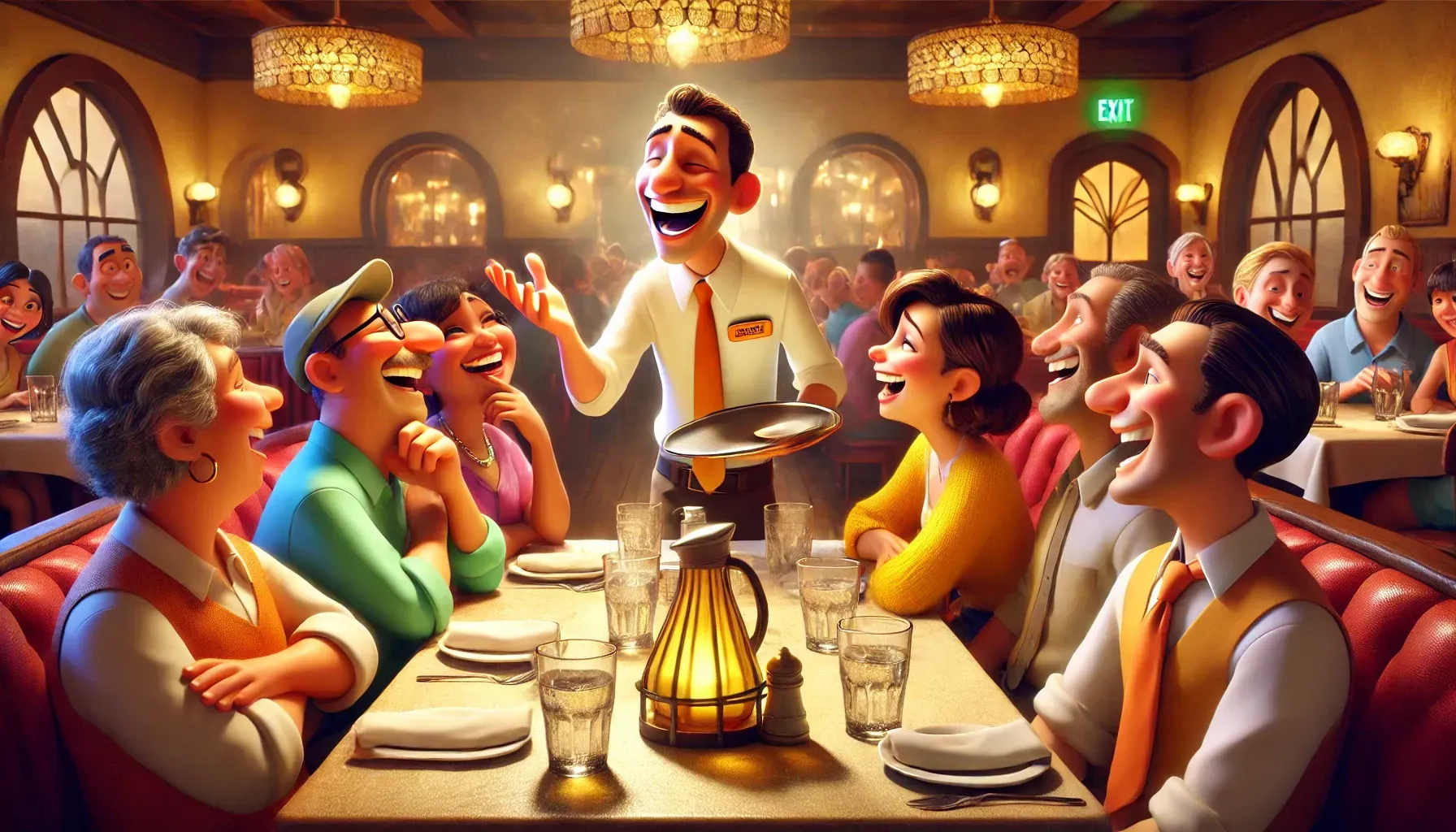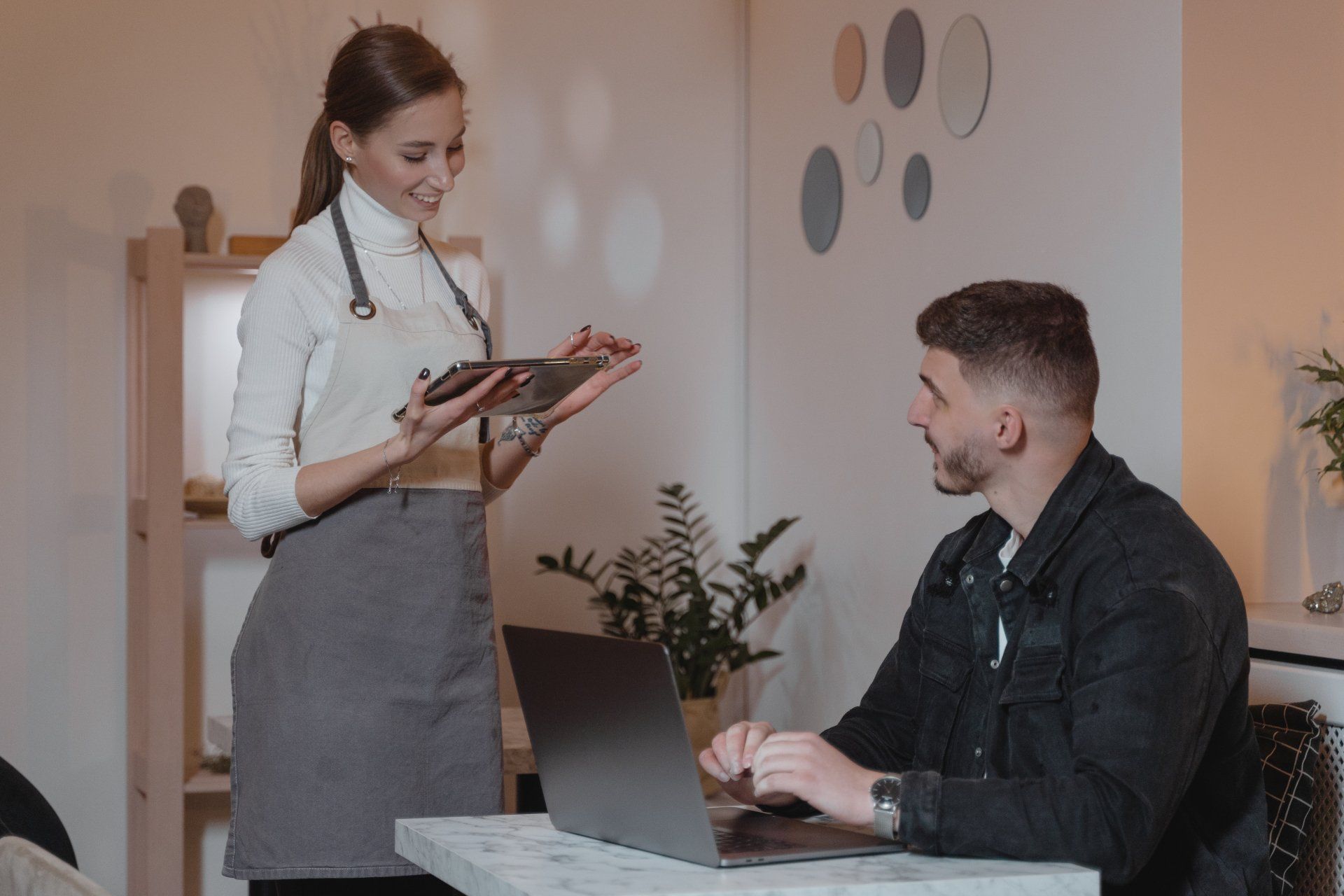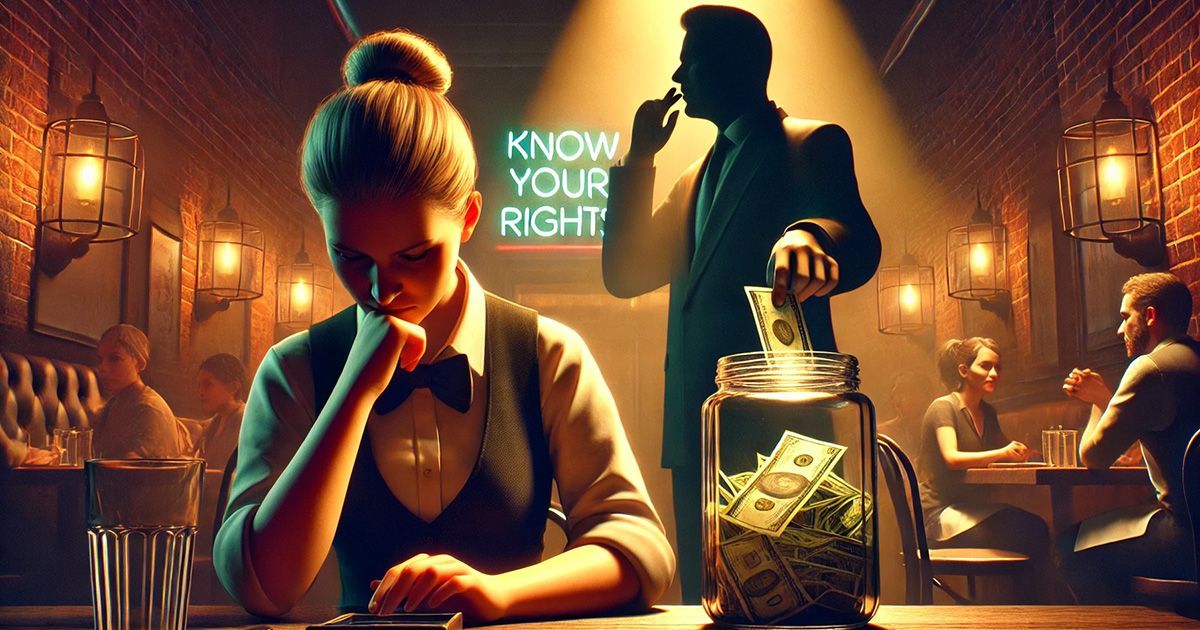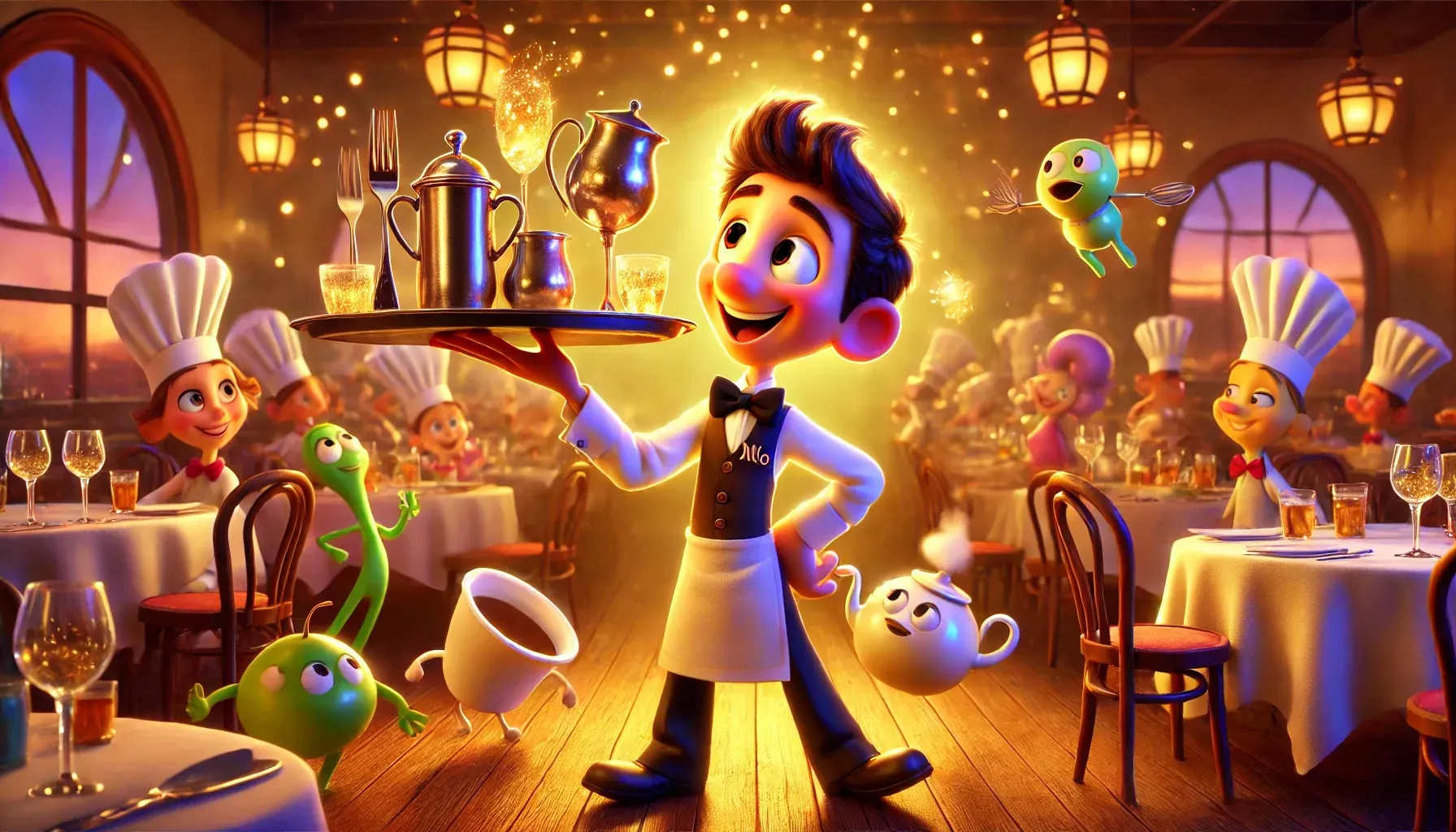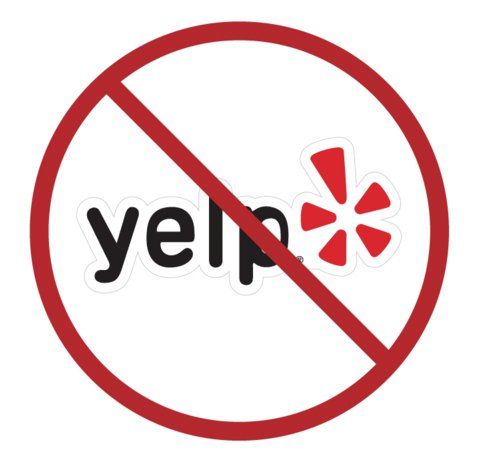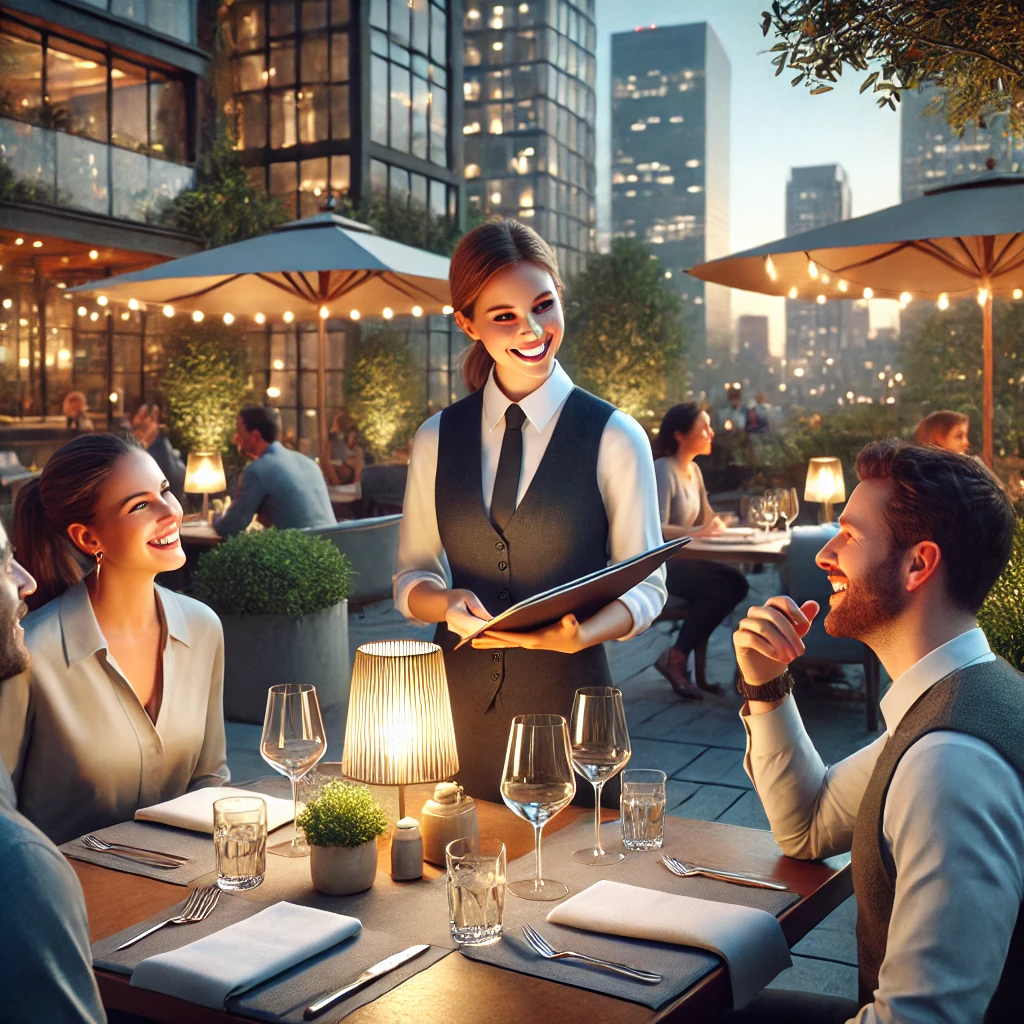Being a Restaurant Server Is 100% a Sales Position—And Here’s Why
Stop Thinking You’re “Just a Server”
If you believe your job is simply to take orders and carry plates from the kitchen to the table, you’re missing the real opportunity.
The truth?
Restaurant servers are frontline sales professionals. The ones who understand this aren’t just getting bigger tips—they’re creating bigger careers.
Servers who know how to sell don’t get skipped on the floor. They’re requested by name. And they leave every shift with a heavier envelope than the rest.
What Is Sales in a Restaurant, Really?
Sales isn’t sleazy. It’s not about pushing people. It’s about helping guests get what they truly want—even if they don’t know it yet.
Picture a table of four staring at the menu like it’s a Rubik’s Cube. They’re lost. You step in with confidence:
- A warm smile
- A smart recommendation
- A genuine read of their vibe
You guide them through the experience. You elevate their meal. And by doing so, you increase their satisfaction—and your tip.
That’s not manipulation. That’s hospitality done right. That’s sales.
5 Proven Sales Skills Every Top Server Uses
1. You’re the Face of the Brand
No one remembers the ad. They remember you—the one who made them feel welcome, cared for, and seen. You’re not just serving food—you’re selling feeling. That’s what gets people to come back, ask for you by name, and leave glowing reviews.
2. You Control the Check Size
Let’s be honest:
- A $60 check can become $120
- A 20% tip can become 40%
- A bored guest can become a loyal regular
All because of YOU.
Every time you suggest a premium item, offer dessert, or upsell a side—it’s not just about the money. It’s about showing your guests a better time, and they’ll thank you for it.
3. You Read Guests in Seconds
Top salespeople don’t guess—they read.
You can tell if a table wants quick service, extra attention, or quiet privacy. You adjust your tone, timing, and energy. That’s not luck. That’s emotional intelligence. That’s what makes you unforgettable.
4. You Handle Objections Like a Pro
Guest says no to dessert?
Try: “Totally get it. Just so you know, our mini apple crisp is the perfect bite to share if you change your mind.”
Boom—sold.
Or when something goes wrong? You don’t hide. You lean in, listen, and recover the situation with grace. That’s next-level service—and it’s exactly what top servers do.
5. You Sell the Experience
People don’t come to your restaurant just for food—they come for how they’ll feel. You’re not selling:
- Pancakes… you’re selling nostalgia
- Burgers… you’re selling comfort
- Cocktails… you’re selling escape
When you smile, connect, and elevate their night, you’re doing more than taking orders. You’re building loyalty.
Why Adopting a Sales Mindset Pays Off Big
When you treat serving like sales, here's what happens:
- Check averages go up
- Tips increase fast
- Guests request you by name
- Managers notice and promote you
- You feel in control of your income
Final Word: You’re Not Just a Server. You’re a Sales Closer.
You are:
- A mood-maker
- A memory builder
- A revenue generator
- A trusted guide in every guest’s dining experience
And if you act like it, you’ll earn like it.
So next time you clock in, don’t just show up. Step up. Smile like it’s your signature. Suggest like you care. Close like a pro.
Because the best servers?
They don’t wait for better tips. They
earn them—one upsell, one smile, one table at a time.
Glenn David is a hospitality consultant. When he was a full-time server, he developed a playbook that allowed him to work almost exclusively by appointment in a full-service restaurant setting. He runs a successful, Chicago based company today providing entertainment and full-service catering to individuals, companies and municipalities throughout the Great Lakes region. And, he provides on going coaching and training to individual servers and to restaurant owners/managers in order to significantly increase their revenues through providing mind blowing service.

